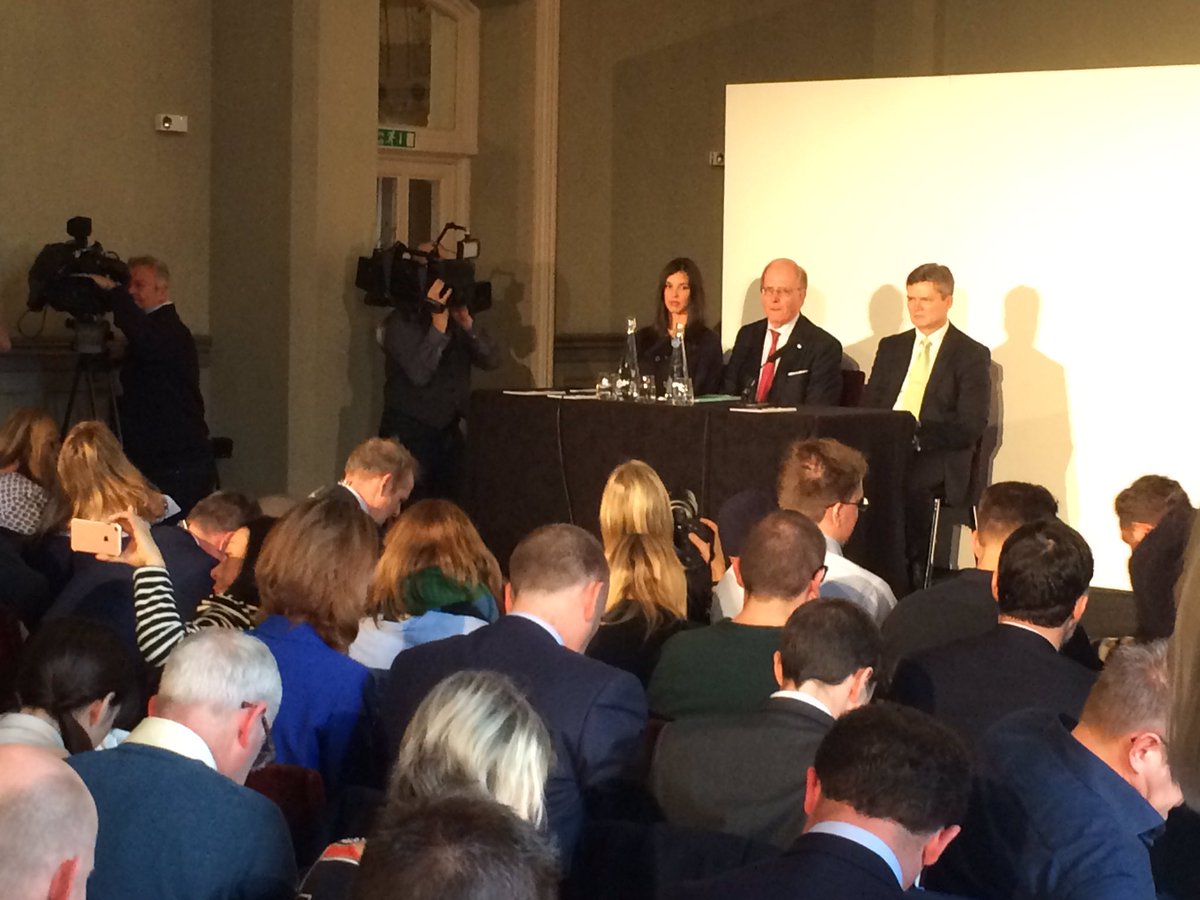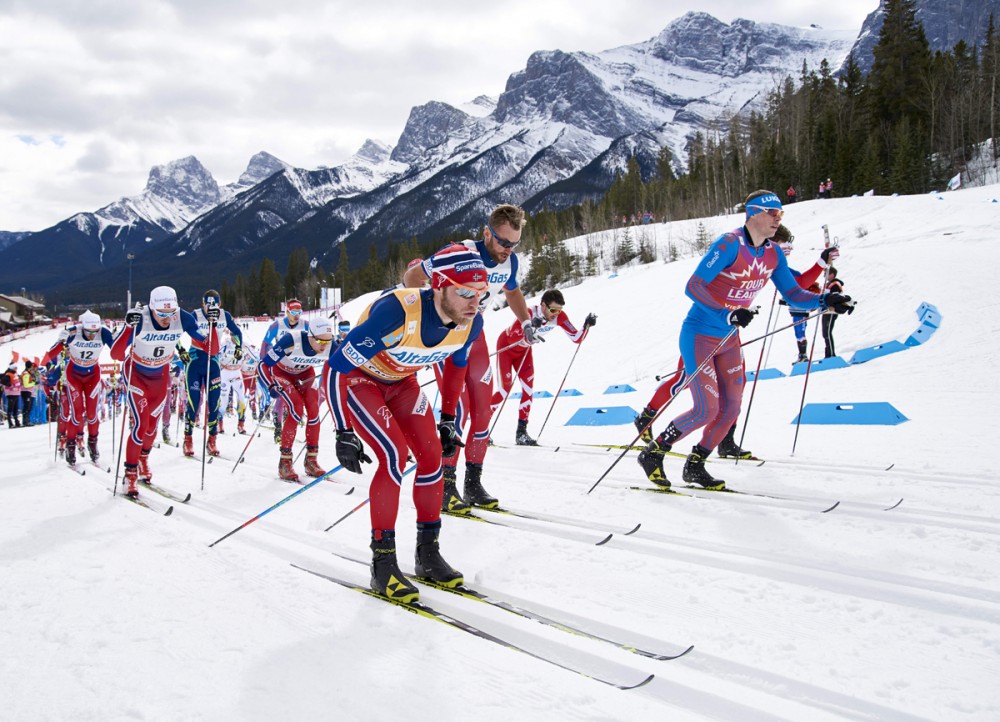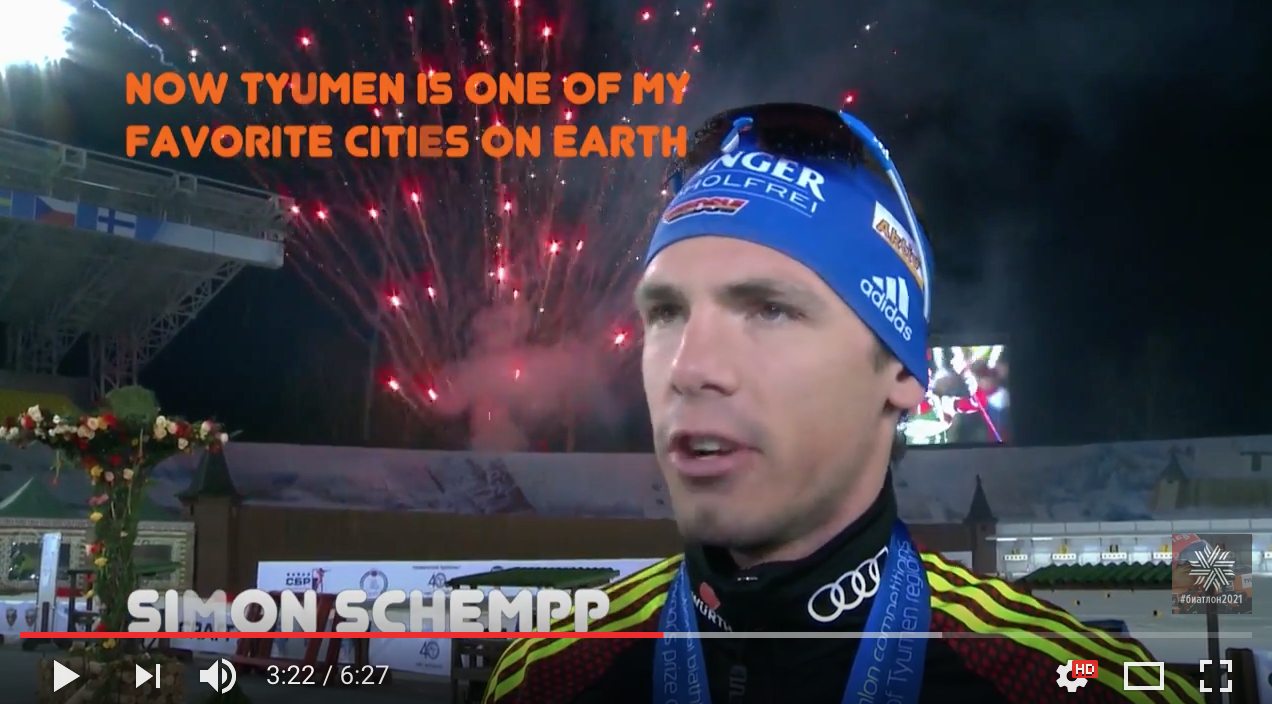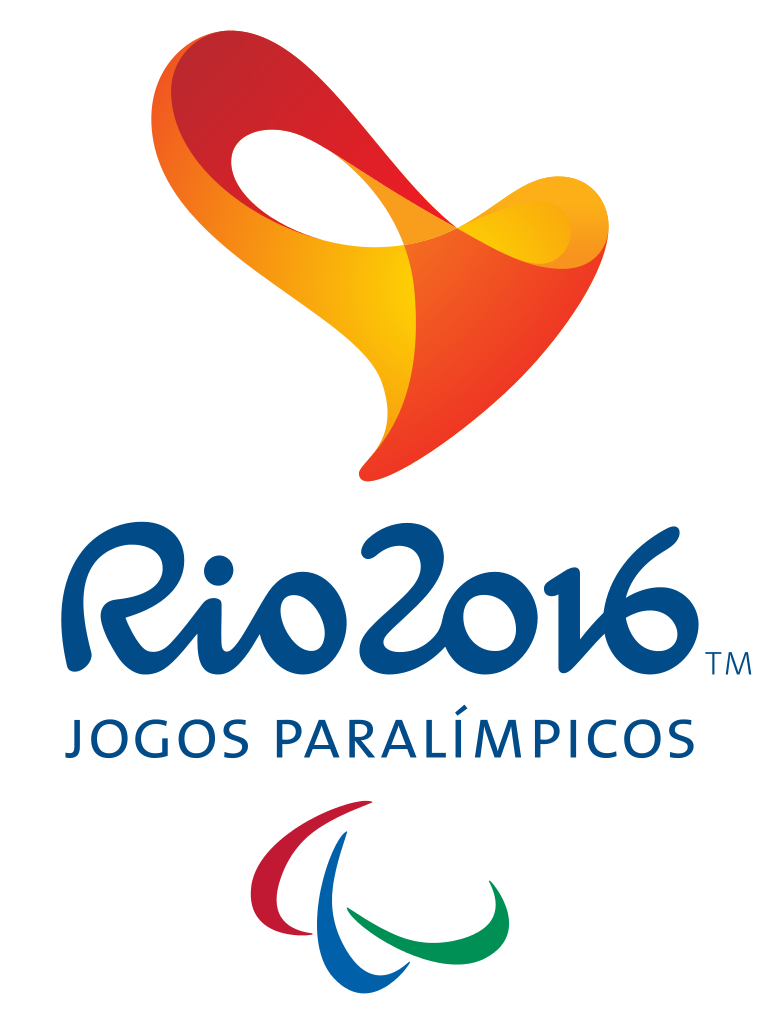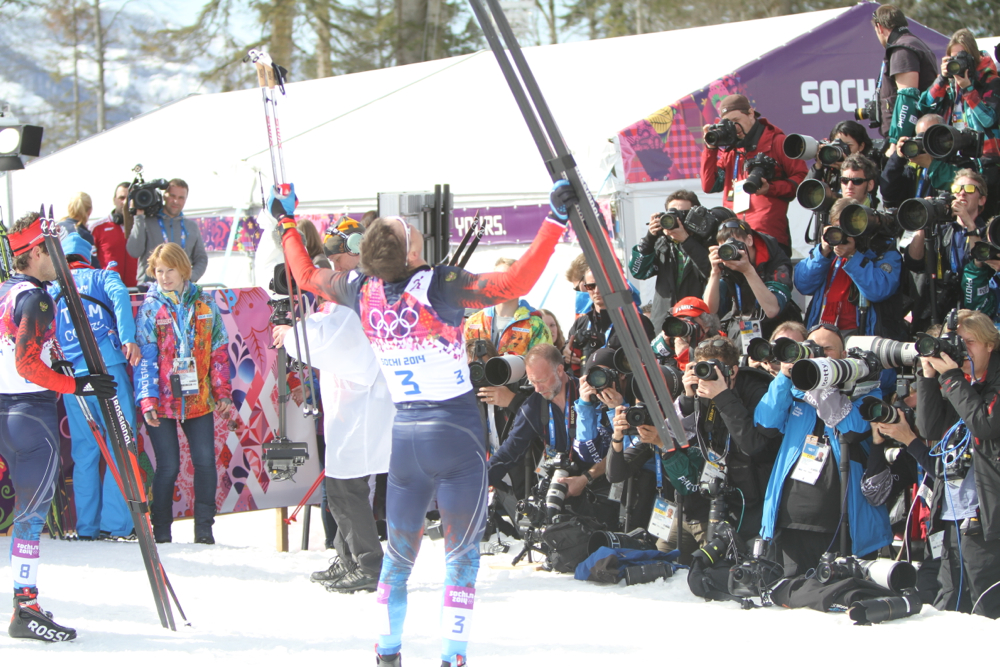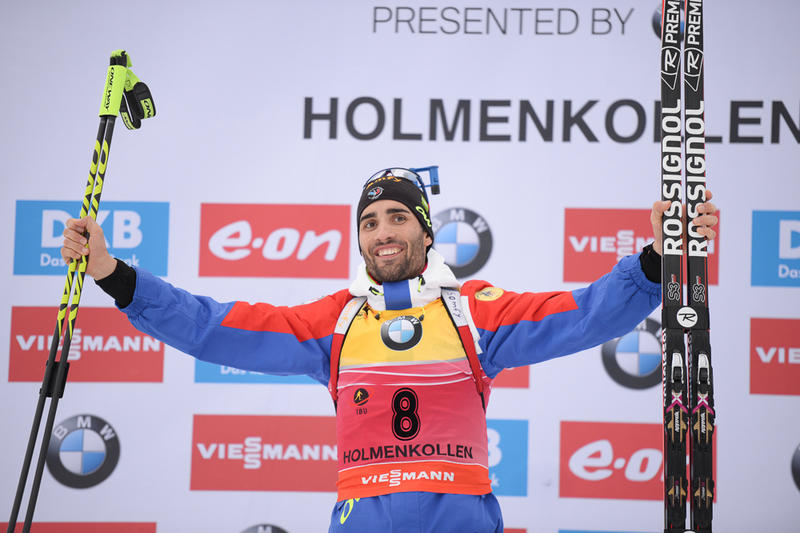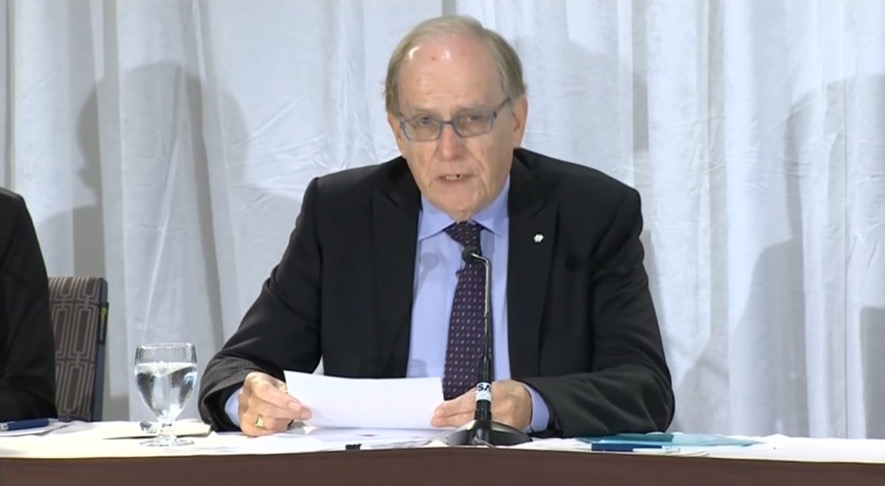Neither good news or athlete's names were released this morning as part of WADA's publishing of it's second McLaren Report: the investigation into systematic Russian Doping.
HomeTag
McLaren Report
With the number of athletes testing positive at the 2008 and 2012 Summer Olympics now topping 100 and the second part of the McLaren report into state-sponsored doping in Russia dropping within a month, WADA agreed to a new system of sanctions for countries who do not comply with the World Anti-Doping Code. International Ski Federation President Gian Franco Kasper did not like it.
The Votes are In, Russia Awarded 2021 IBU World Champs Despite Controversy
Chelsea LittleSeptember 6, 2016
Although the IOC said in July that Russia should not host any international winter sports events due to their systematic doping violations and cheating at the 2014 Olympics, it apparently walked those guidelines back -- and now Russia has been awarded biathlon World Championships, despite the fact that the country is not currently in compliance with the WADA Code.
As athletes continue to prepare for the upcoming Paralympics taking place exactly one month from Sunday in Rio, those sporting the white, blue and red flag of Russia will not. On Sunday, the International Paralympic Committee (IPC) announced its decision to suspend the Russian from competition in Rio and upcoming IPC competitions.
A jam-packed episode of the FS podcast -- the McLaren report, athlete commission responses and some analysis from FS Editor-At-Large Chelsea Little.
On Tuesday, the IOC Executive Board responded to the McLaren report and listed provisional measures for international sports federations moving forward. Fortunately for FIS and the IBU, they're not on the same timeline as summer sports, and will convene at a meeting in just over two weeks in Rio.
After Report, Ban on Russian Athletes Considered; World Cups May Be Moved
Chelsea LittleJuly 19, 2016
Martin Fourcade, the most successful biathlete of the last several years, resorted to Twitter to ask his international federation about the ten positive tests by Russian athletes allegedly hidden by the Russian Ministry of Sport. He didn't get a response. Meanwhile, the IOC moved forward with re-testing anti-doping samples from all Russian athletes at the 2014 Olympics, and also called for any major events scheduled to be held in Russia to be moved.
Russian Doping: McLaren Report Confirms Cover-Up of Positive Samples in Sochi
Jason AlbertJuly 18, 2016
This morning, Professor Richard McLaren disclosed his findings after looking into claims of Russian state-sponsored doping and its cover-up. Here's a quick summary of his findings, which were enough to prompt WADA to call for Russian athletes in all sports to be banned from the 2016 Olympics.

